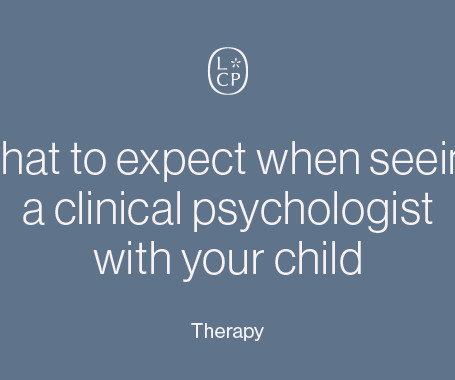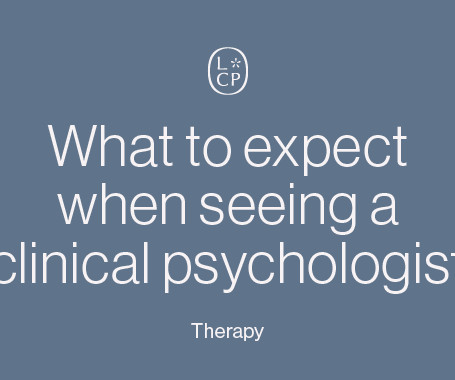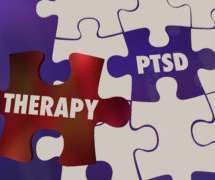What to expect when seeing a clinical psychologist with your child
Lawson Psychology
JANUARY 29, 2024
Instead you might say ‘I’ve been thinking about the difficulties (with anxiety, your mood etc) that we have been talking about and I think we should go and get some help so that we can work together on making things a little easier’. Copyright © 2024 Lawson Clinical Psychology. However, a surprise trip to therapy rarely goes down well.













Let's personalize your content